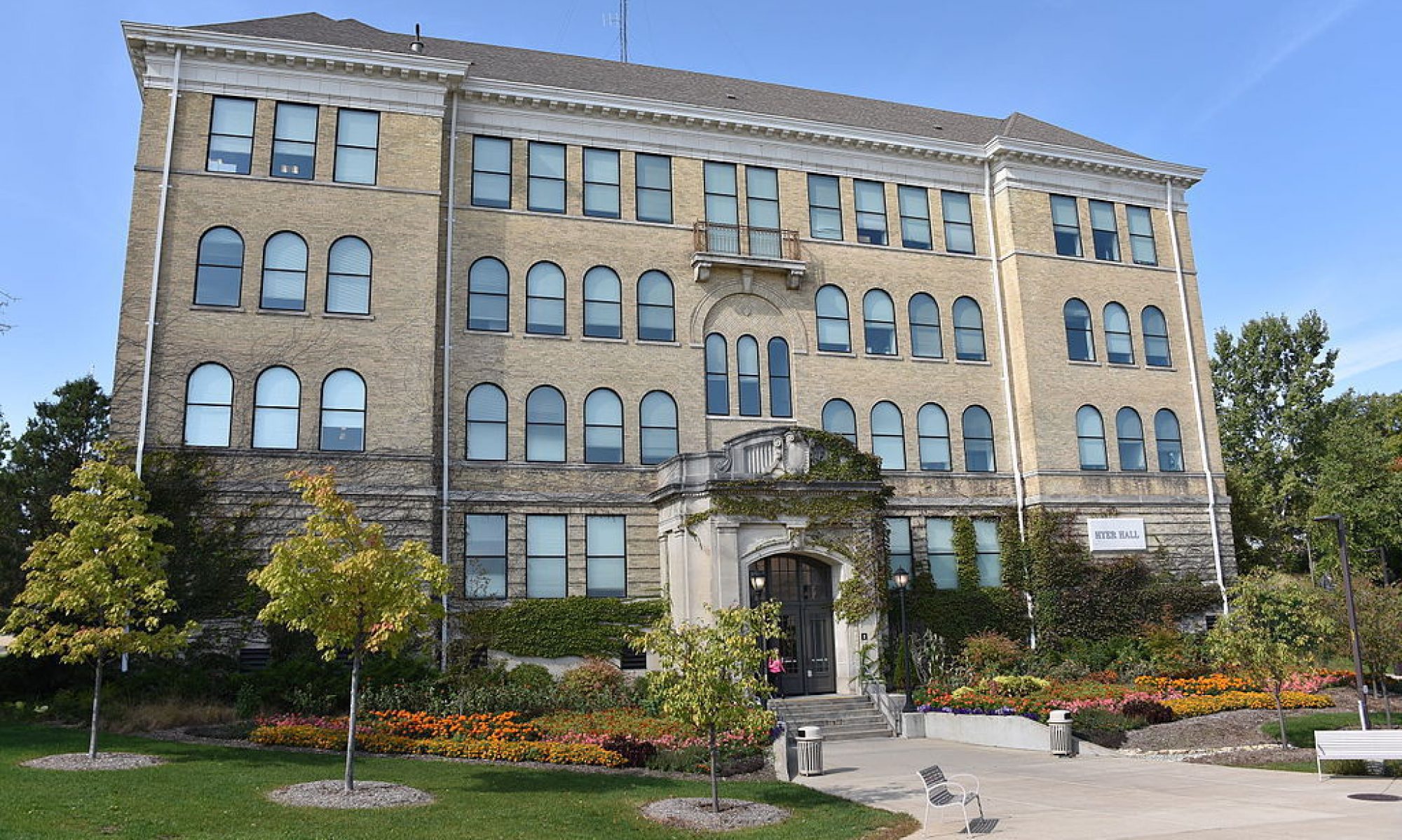A financial aid refund is excess money left over from your financial aid package after your tuition and allowable fees have been paid. Although it can be tempting to use this extra money on non-essentials, such as gaming consoles, vacations, or designer clothing, financial aid is meant for education-related expenses. In many cases, the refund check is actually a student loan which will need to be repaid in the future with interest.
Here are the recommended priorities for refund usage:
- Pay Outstanding Account Balance. Even though you may receive a refund, your student account may still have charges that need to be paid (see Note below).
- Purchase Essential School Supplies. Depending on your course load, various school supplies are needed for class success such as books, calculators, and other materials.
- Pay for Living Expenses and Transportation. Consider needs versus wants. Depending on your personal situation, rent, groceries, meal plans, utilities, and basic transportation costs may be necessary expenses.
- Place Funds into Savings for Future Education-Related Expenses. Although it may be tempting to use refund money on non-essentials, such as vacations or designer clothing, financial aid is meant for education-related expenses.
- Give Money Back. If you have over-borrowed, consider giving the money back to reduce your overall student debt.
For more information and resources on financial aid refunds or other financial needs, reach out to the appropriate campus departments.
Note: Due to financial aid restrictions, your student account in WINS may continue to have non-tuition charges that will need to be paid using personal funds. Students are encouraged to authorize the Federal Title IV Financial Aid (WINS/Student Center/View Student Permissions) to pay additional charges on their student account such as parking permits, bookstore charges, health center services, and library fines. Pay plan activation fees and finance charges cannot be covered with Federal Title IV permissions, therefore these will need to be paid with personal funds.





